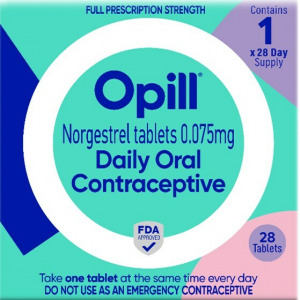
Department of Health and Human Services to lay off 10,000 workers in major restructuring
The plan means cuts at the Food and Drug Administration, the Centers for Disease Control and Prevention, the National Institutes of Health, and the Centers for Medicare and Medicaid Services.















